
Radar | Jun 26,2021
Fourteen poultry farms under the wing of the Ethiopian Poultry Producers & Processors Association declared over 123 million Br in losses due to the changing economic and market conditions brought on by the Novel Coronavirus (COVID-19) pandemic.
Out of the total losses, the companies incurred the highest value, amounting to 103 million Br, from day-old chicks, followed by broiler and partner chickens worth 3.2 million Br and three million Birr, respectively. They also reported losses of 1.2 million Br on pullets, 1.2 million Br on fertile eggs and 200,000 Br on eggs, accordingly.
The global outbreak of the pandemic has disrupted the supply chain of poultry farmers who import day-old chicken parents once a year to continue their poultry husbandry. Because of the pandemic, the farmers cannot import the chicks from Europe, where most of their suppliers are located.
The farms looked for other possibilities and potential suppliers and identified Brazil as a potential supplier, but the higher transportation cost prevents the farmers from importing, according to Alemayehu Amdemariam (Maj.), general manager and co-owner of Alema Farms Plc.
The companies used to import the day-old chicks via Ethiopian Airlines and Lufthansa by paying one dollar a chick.
"The airline asked us to pay three dollars to transport each chick from Brazil," Alemayehu said.
Since the major consumers of chicken products, hotels, restaurants and fast food outlets are in complete or partial lockdown due to the pandemic, the demand has sharply decreased by half.
Many commercial farmers lost their markets and have been disposing of the chicks in order not to incur further losses by feeding them. So far, about 2.2 million day-old chickens were disposed of.
The commercial farms mention that they are challenged by the shortage of foreign currency to import day-old parent stocks, feed inputs and vaccines.
Alema Farms produces 4,000ql of poultry feed a day and distributes it to the farmers by importing vitamins and minerals. But the farm has been in a severe situation because of the foreign currency shortage, according to the manager.
Price hikes for poultry feed due to higher prices for soybeans and corn is another problem that is battering the industry.
The farmers used to source the inputs from Wellega and Bir-Sheleqo. Due to transport disruptions to and from Wellega, the prices of maize and soybeans have sharply increased, according to Alemayehu.
The other problem the farmers mention is the lack of working capital.
The Development Bank does not lend to commercial poultry farmers in cash if they ask for less than 30 million Br, according to Genene Tesfaye, board chairman of the Association.
“Most of the farmers are small and medium-scale and don’t need loans beyond 30 million Br,” Genene said.
Citing these problems, the Association wrote letters to the Ministry of Agriculture, the Meat & Dairy Industry Development Institute, the Office of the Prime Minister and to the Development Bank of Ethiopia soliciting support, according to Genene.
"However, no institution gave enough attention to us," he said.
Even if there is a huge market in the neighbouring countries and the Middle East, the farmers could not export their products because of the shortage of facilities, according to Fanta Terefe, owner of ELERE and vice-president of the Association.
ELERE Farms, which disposed of close to 100,000 chicks since there has been no market for its production, was thinking of exporting chicken products and procured a slaughter machine that slaughters 1,000 chickens an hour. Established in 2008, ELERE lost 8.9 million Br in the last fiscal year.
“But we couldn’t because of the lack of and higher cost for refrigerating, processing and transportation facilities,” Fanta said.
Alema Farms Plc, which used to hatch 20,000 chicks and slaughter 10,000 chickens a week with 1,000 employees, disposed of 24,000 eggs because of the market disruption. The Farm slaughtered the chickens and stored the meat in vain.
“The meat was wasted, because it couldn’t be stored for longer times, and we disposed of it," said Alemayehu.
Some of the farmers are approaching to stop operation and shut down their farms. ELERE Farms, which has been in the industry for over a decade, is on the verge of closing its doors, according to the owner.
“We hoped the problem would soon be gone, and we've been hatching chicks for months,” said Terefe. “The government couldn’t support us, and we realised we couldn’t go more.”
Demeke Wendimagegn (PhD), director of the poultry sector at Ethiopia-Netherlands Trade for Agricultural Growth, anticipates a shortage of chicken products will occur starting from December to the months of March and April 2021.
“The farmers aren't importing parent stocks to produce chicks and eggs," he said. "To get the eggs or the day-old chickens, they need to have the parent stock at least 10 months before."
Demeke also said that the government should create a market linkage for farmers with school feedings, food banks and quarantine centres.
The government further should provide the farmers with logistics, storage facilities to stock the products, foreign currency, working capital and vaccines, according to the expert.
PUBLISHED ON
Jul 25,2020 [ VOL
21 , NO
1056]

Radar | Jun 26,2021
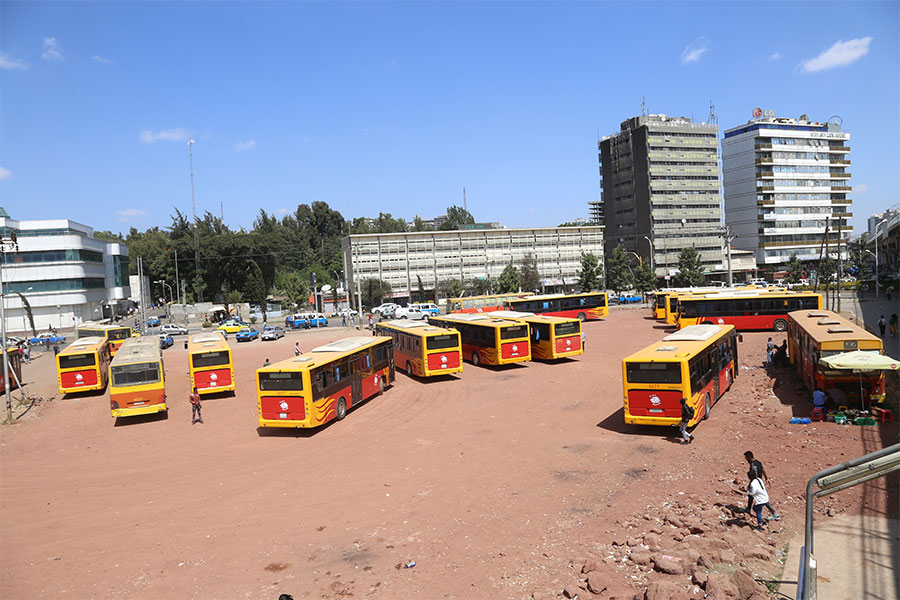
Fortune News | Dec 25,2021
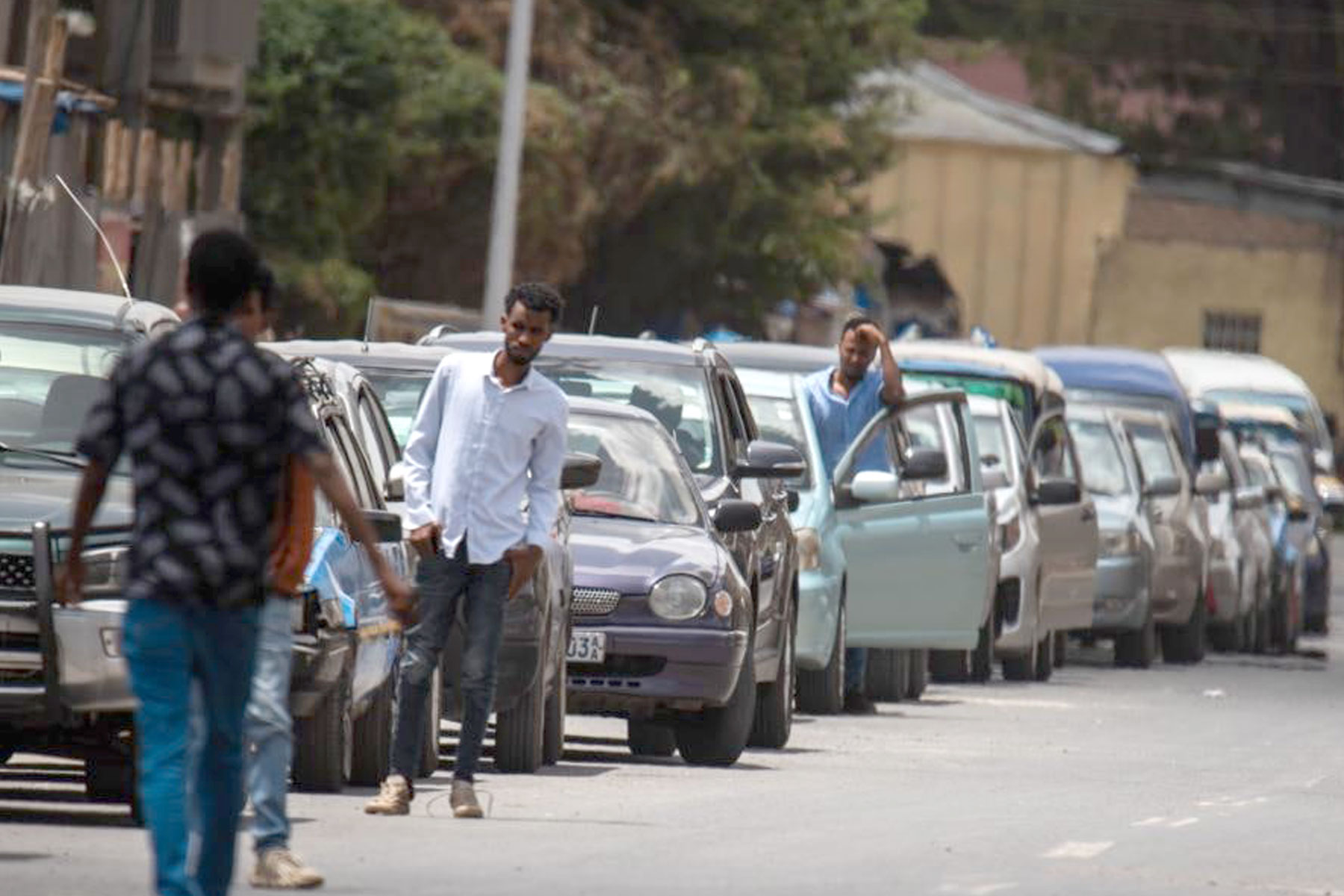
Fortune News | Apr 20,2024

Commentaries | Jul 17,2022

Radar | Jun 29,2019
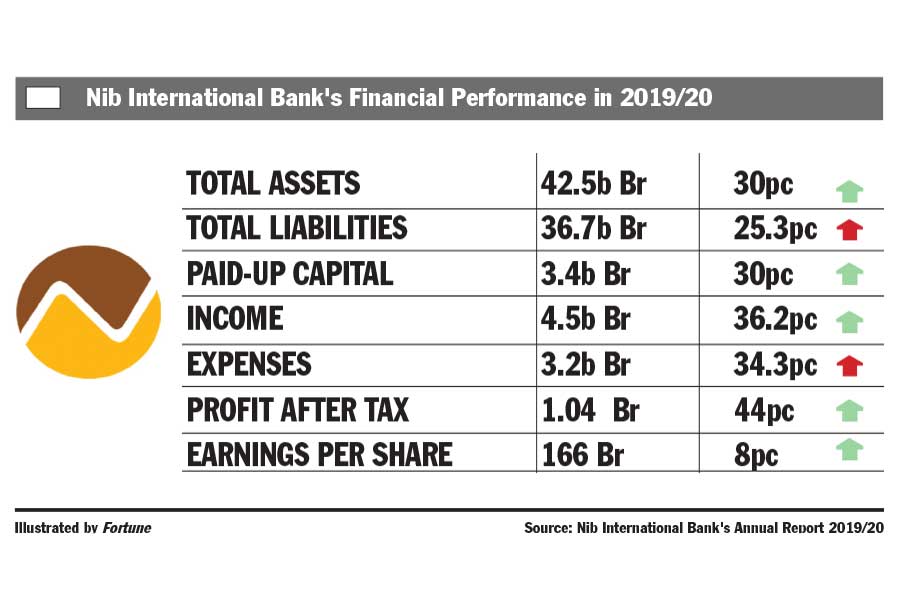
Fortune News | Jan 23,2021

Radar | Dec 10,2018
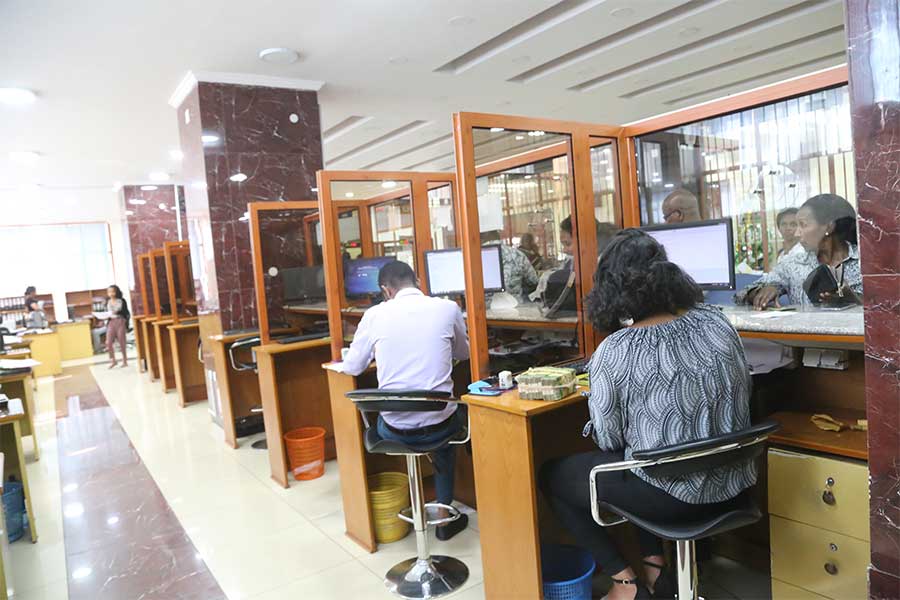
Agenda | Jan 25,2020

Radar | Dec 11,2021
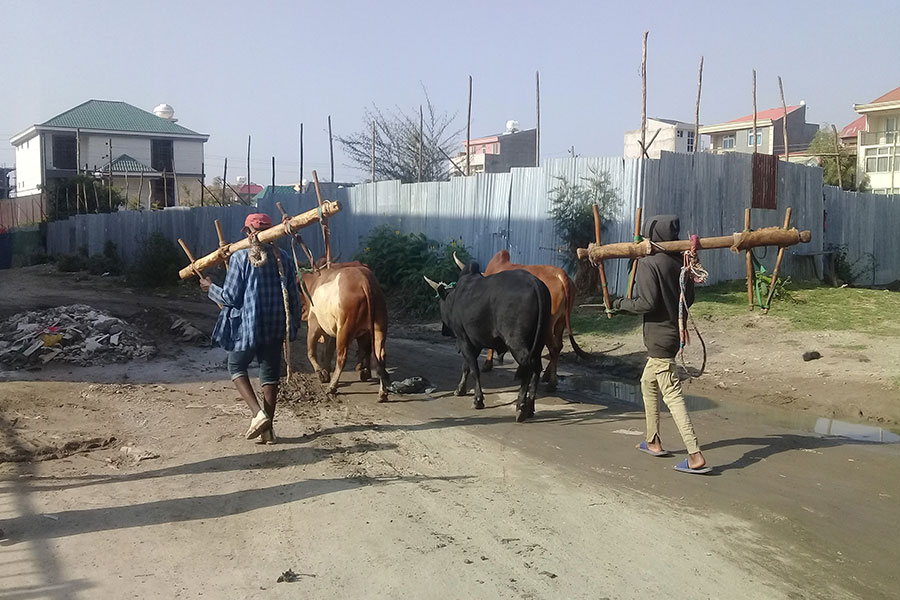
Fortune News | Sep 03,2022

Dec 22 , 2024 . By TIZITA SHEWAFERAW
Charged with transforming colossal state-owned enterprises into modern and competitiv...

Aug 18 , 2024 . By AKSAH ITALO
Although predictable Yonas Zerihun's job in the ride-hailing service is not immune to...

Jul 28 , 2024 . By TIZITA SHEWAFERAW
Unhabitual, perhaps too many, Samuel Gebreyohannes, 38, used to occasionally enjoy a couple of beers at breakfast. However, he recently swit...

Jul 13 , 2024 . By AKSAH ITALO
Investors who rely on tractors, trucks, and field vehicles for commuting, transporting commodities, and f...

Oct 11 , 2025
Ladislas Farago, a roving Associated Press (AP) correspondent, arrived in Ethiopia in...

Oct 4 , 2025
Eyob Tekalegn (PhD) had been in the Governor's chair for only weeks when, on Septembe...

Sep 27 , 2025
Four years into an experiment with “shock therapy” in education, the national moo...

Sep 20 , 2025
Getachew Reda's return to the national stage was always going to stir attention. Once...